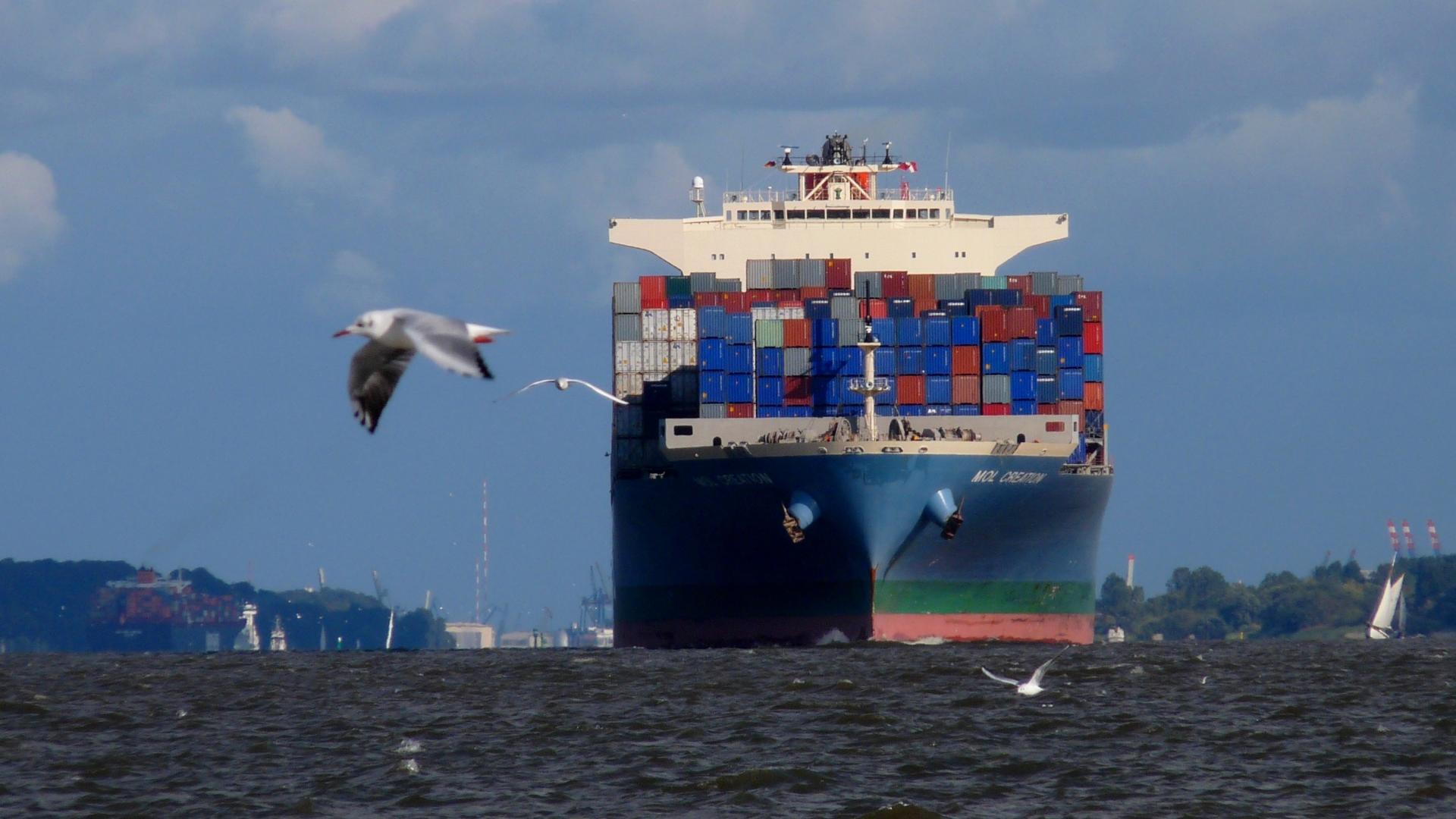Alasdair Cameron25 Mar 2019
Burnt goat heads and growth hormones may soon be arriving on our tables, thanks to lobbying by the Australian meat industry uncovered by Friends of the Earth’s investigations in 2018 and published in the Independent.
Lobbying for regulatory changes
As the countdown to Brexit continues, attention has been turning to those who are seeking to use the UK’s exit from the European Union – and particularly a No-Deal exit – to gain regulatory changes and trade deals. These could have serious consequences for the environment, animal welfare and people.
While most of the attention has fallen on the United States’ well publicised desire to sell the UK things like chlorine-washed chicken, or ractopamine-laced pork, other countries have managed to go a little more under the radar.
Friends of the Earth investigate the Australian meat industry
Concerned, in 2018 Friends of the Earth began to investigate one specific case involving Australia, a country which has largely gone unscrutinised. But one which has been highlighted as a key objective for post-Brexit trade deals.
Working with our Brexit policy team, the Investigations Unit began to dig into the lobbying activities and policies of the Australian meat industry. We focused particularly on their desire to overcome ‘technical barriers' to trade.
While ‘technical barriers’ sound dull it tends to mean a lot of rather important things – the kinds of chemicals used to produce food or cosmetics, how the animals turned into meat have been treated, which forests food comes from.
As environmentalists these are some of the most crucial details around.
What do technical barriers really mean?
Working with researchers we trawled through speeches and comments made by Australian farming representatives and local trade publications. We were able build up a picture of efforts by the industry to have the UK water down its restrictions, however much the language may be dressed up as overcoming barriers.
For example there was David Larkin at Thomas Foods International who said:
“The [UK] market has continued to establish itself as a high-value market and is one that is protected by a number of barriers to trade,” explained Mr Larkin.
“Those barriers to trade are subsidies, tariffs and quota, and technical trade barriers in the form of HGP [hormonal growth promotant] bans and processing directives in terms of equivalence in processing sites.”
And then there was Andrew McCallum from Meat & Livestock Australia (MLA) who wrote:
“A more liberalised UK import regime than is currently in place, would deliver substantial advantages not only to the Australian red meat industry but to UK importers, wholesalers, distributors, food service and retail operators as well as consumers.”
Impact on human health
When they talk of liberalised regimes and removing technical barriers, it is clear what they mean.
At present most Australian imports to the UK are the best quality, reflecting the EU’s high standards. But the industry would like to sell much more, which is why it is looking to overcome restriction to selling meat from cattle treated with growth hormones. These are chemicals banned in the EU since 1981 due to concerns about their impacts on health.
Concerns about animal welfare
Currently they are restricted to very high-end products. But there are also moves to extend the range of products they would like to sell. Burnt goat heads got the headlines in the Independent article, but the real worries surround the use of chemicals. Ractopamine, a feed additive for promoting muscle protein growth, is also used in Australian pigs for example, and brings with it health and animal welfare concerns and is banned in the EU, Russia and China.
Animal welfare conditions for more mass-produced meat are also a worry, with Australia consistently ranking behind the UK in key animal welfare indicators.1
What will the government do?
So far the UK government has claimed that it has no intention of lowering standards. But how firm will its resolve – and that of Trade Minister Liam Fox – be in the face of the demands from the US, Australia and others?
Liam Fox has already downplayed concerns over chlorine washed chicken from the US, describing it as an insignificant detail2, ignoring the point that chlorine washing is only required to make up for the appalling conditions in which the chickens are raised.
Indeed is hard to avoid the impression that they are, as Friends of the Earth’s leading Brexit campaigner Kierra Box told the Independent: "saying one thing but doing something completely different”.
As with similar concerns emerging from the US it is clear that whatever happens with Brexit it will be only the start. The fight to maintain and improve the UK’s environmental and animal welfare standards will continue.


